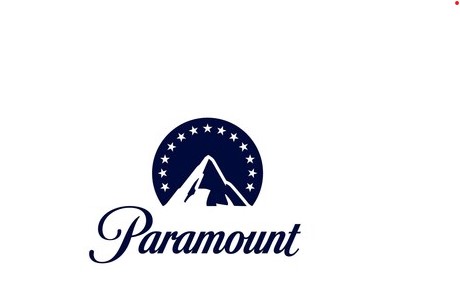A Korean American in Southern California has filed a class action lawsuit against Paramount, a media and entertainment conglomerate, for violating their privacy.
The lawsuit alleges that Paramount violated federal law by passing on customers’ online streaming service usage information to third parties without their consent.
According to the U.S. District Court for the Southern District of New York, Victor Cho of Pasadena has filed a lawsuit seeking damages for Paramount Global’s violation of the Video Privacy Protection Act (VPPA).
The complaint was filed with the court on November 1, and the plaintiff is requesting a jury trial.

In the complaint, the plaintiffs claimed that “when subscribers request or view videos on Defendant’s Website and apps, their Personal Viewing Information is transmitted to Facebook, TikTok, and other unauthorized third parties,” and “Defendant purposely installed and implemented tracking tools on its Website and apps, and is financially benefiting from this.”
The plaintiffs said, “Defendant’s (Paramount) knowingly and intentionally discloses its users’ personally identifiable information including the record of every video viewed by user to unauthorized third parties.”
This lawsuit is attracting attention in the legal community because the management of customer information has become a heated issue as online streaming services such as Netflix and Disney have become popular.
“In the past decade, there has been a trend of lawsuits against Warner Bros., Netflix, IBM, and others for violating the VPPA,” said Dave Noh. ”At the same time, the scope of the VPPA’s application is still controversial.”
In the complaint, the plaintiffs claimed that “TikTok incorporates its analytics tools to gain customer insights, measure customer interactions, and optimize marketing performance,” and “The VPPA prohibits video tape service provider from knowingly disclosing personally identifiable information concerning any consumer to a third party without the informed, written consent of the consumer.”
The VPPA was enacted in 1988. This was sparked when President Ronald Reagan appointed Judge Robert Bork to the Supreme Court. It became the trigger when the Senate failed to approve his nomination because Judge Bork’s rental records were released to the media through a video store. This raised privacy concerns in various sectors.
The complaint said, “In 2012, Congress amended the VPPA and reiterated the applicability to ‘on-demand’ cable services and internet streaming services that allow consumers to watch movies or TV shows on televisions, laptop computers, and cell phones.” It added, “Defendant provides video streaming services to millions of users through its website and other applications, and its primary business is the delivery of on-demand prerecorded video content.”
The plaintiffs said, “There are at least 100 class members and at least one class member is domiciled in different states.”
Paramount has not made a statement regarding the lawsuit as of November 29.
In 2019, the city of Los Angeles sued IBM for violating the VPPA. At the time, IBM was accused of sharing user information including gender, email address, and user location obtained through the weather app with third-party companies.
BY YEOL JANG, HOONSIK WOO [woo.hoonsik@koreadaily.com]




